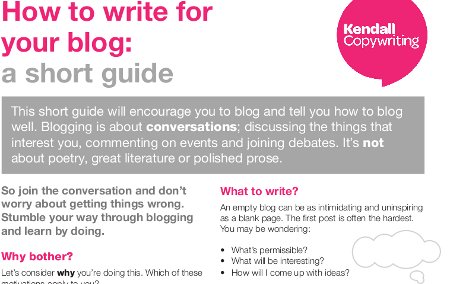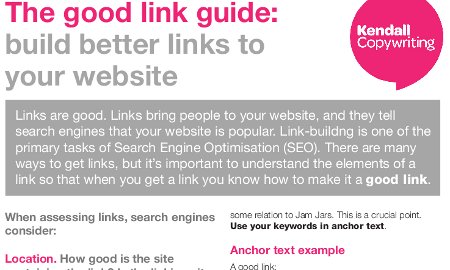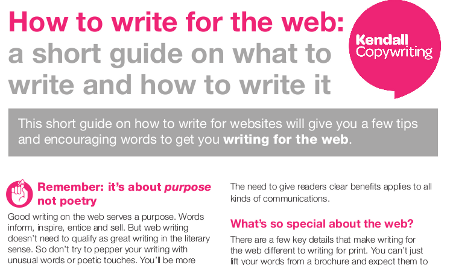This Thursday, WriteClub returns to London.
So if you write stuff, or occasionally think about writing stuff, then join us!
WriteClub is a friendly, informal networking group for all kinds of writers. It’s a chance for people to meet other writers, swap tips, ask questions and meet good people to pass work to.
We’ll be in the Yorkshire Grey pub. To spot the group just look for books.
Full details: http://write-club.net



